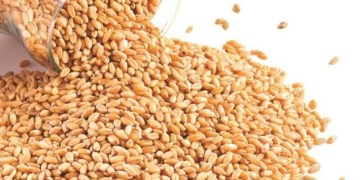Styrene butadiene rubber producers were under severe financial pressure due to a combination of the slump in tire demand and significant debt burden following investments made in recent years to expand production, market sources said Monday.
Sources said that some SBR producers, particularly those whose business model is heavily dependent on the auto sector rather than spread across diverse market segments were more at risk, one industry source said.
“We have seen shareholder warnings. Those exposed to huge investments with banks, their ability to pay the debt (was at risk),” another SBR producer said.
The same source pointed to the example of one company whose portion of EBITDA was dedicated to debt payment was significant at between 60-70%.
The producer cited its contrasting position where it had a wider portfolio of several lines of products in different applications, with tire applications a smaller share of its product portfolio.
Another trader backed this view, pointing to a heavily leveraged product mix more dependent on tires had led to worsening profitability as volume sales plunged in 2012-2013.
In October last year, German chemicals company Lanxess said it would not rule out a profit warning as a result of the difficult trading conditions.
At the time, Credit Agricole, Barclays, Kepler Capital and Credit Suisse all downgraded its rating and share-price targets for Lanxess stock as a result of the collapse in the automotive automotive demand.
Lanxess in March announced that it would be temporarily closing its butyl rubber plant in Belgium and its EPDM-production in Texas, the US as a result, Platts reported previously.
“The stoppages reflect the current demand situation in the tire and automotive industries,” a Lanxess spokesman said at the time.
The company said weak demand in the second half of 2012 has continued into 2013, affecting all businesses segments.
Demand for synthetic rubber has been falling since the second quarter of 2012 and tire manufacturers have been forced to consolidate production in Q3 and Q4.
Goodyear announced in January that it would close its Amiens farm tire plant in France in January, while Bridgestone said in November that it would shed approximately 500 jobs at its manufacturing sites in Spain and France.
The job losses at Goodyear and Bridgestone followed production cuts and job losses at major European tire manufacturing and automotive sites during 2012 as demand for original equipment and replacement tires slumped.
Source: platts.com




























